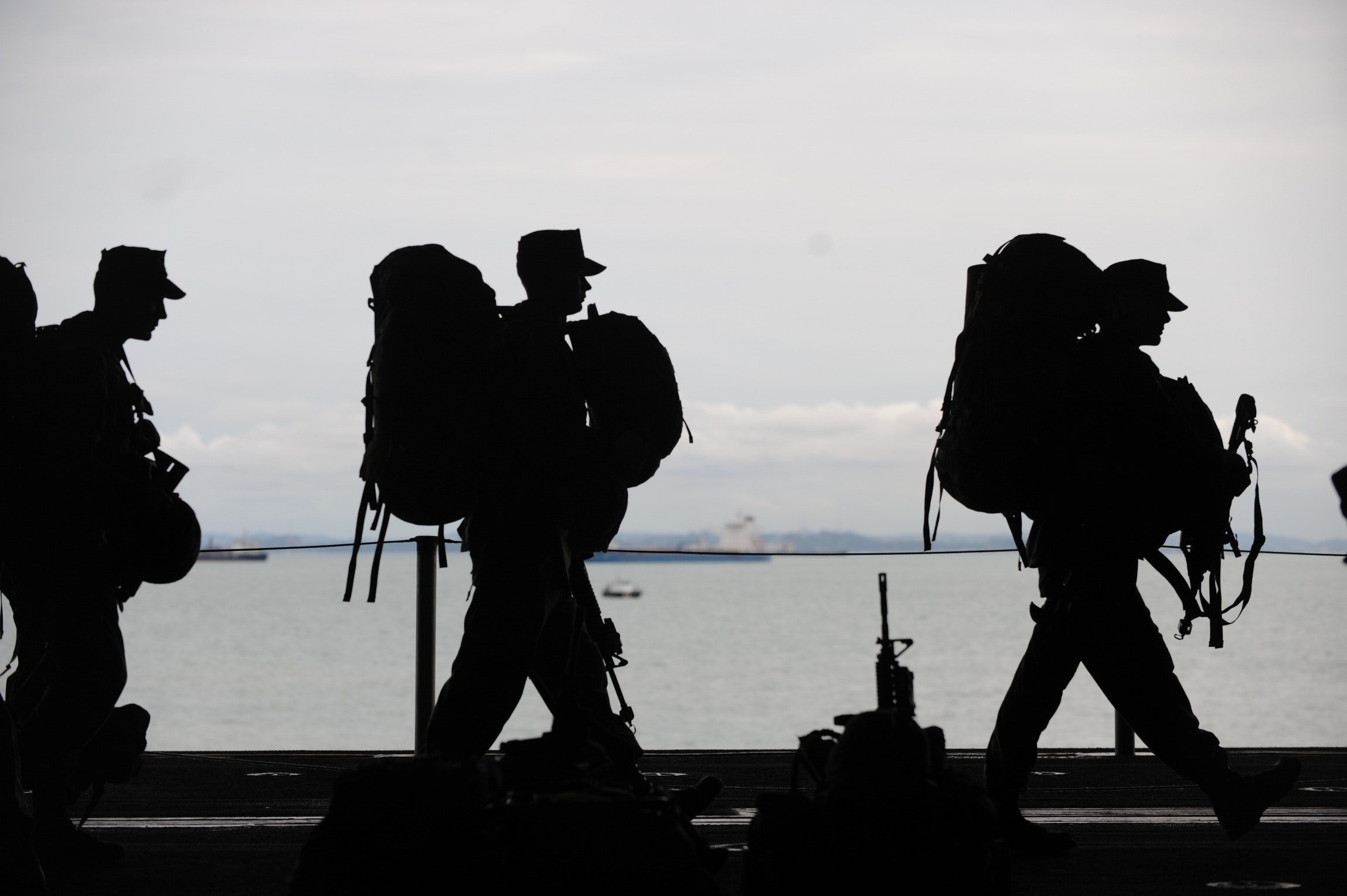The People’s Daily was privy to the proceedings in the United Nations Security Council on Friday, April 16, 2021.
The council voted by majority to discuss the militarisation of the Arctic.
The first speech witnessed by the People’s Daily was that made by the delegate of Denmark suggesting that the Nordic country was concerned by the increasing Russian military presence in the region. He then went on to stress the consequences of the same with regards to the climate crisis that is already upon us. The delegate of Sweden was largely in agreement with his Danish counterpart. The delegate of China was then given the floor and over the course of the day’s proceedings echoed the concerns of many of his fellow delegates that the militarisation of the Arctic is perturbing. Russia, the subject of the above concerns, succinctly added that the government of the Russian Federation – the same way any other would do – was only seeking to secure its borders.
The People’s Daily was then granted exclusive interviews with several high ranking security council delegates.
The delegate of China stated that China was seeking to find common solutions with Russia and proceeded to reiterate that the Arctic region is not one for militarisation and nuclear weapon testing like a certain “little man” in North Korea, whose name he refrained from mentioning, was given to doing in his home country. The delegate of China confirmed that the South Asian powerhouse’s interests in the Arctic are strictly scientific and economic. When the Russian delegate was approached for comment by the People’s Daily, she felt that the allegations directed at Russia over the course of the day were unwarranted and that Russia was only looking to secure its borders. She later added in the interview – a point she later reaffirmed on the floor of the committee – that Russia’s endeavours in the Arctic are far from being just military and detailed that Russia intends to establish instruments to bolster the welfare of indigenous populations in the region and channel investment into various social and economic projects to support local development. The delegate of France remained diplomatic and stressed that many investigations into the motives of other governments are yet to be done.
Iceland, Norway, Denmark and Canada shared similar views supporting pro-climate action while urging military moderation.
In another incident, the delegate of Canada, surprisingly and generously, invited the delegate of China to cooperate more closely with the northernmost North American nation in scientific affairs.
The People’s Daily was then able to speak to the delegate of Armenia, who earlier in the session was the first to emphasise the importance of giving voice to the indigenous populations and the 2.3 million people living in the area. When asked for further comment, she outlined plans to introduce a working paper with clauses aimed at protecting the interests of the indigenous people.
The delegate of Azerbaijan added that the country’s capital city, Baku, would be at risk of flooding if water levels continue to rise and thus was in favour of stern action to combat climate change. The delegate of Iran, while acknowledging that the country had no vested interest in the region, expressed reservations about the ever-increasing military presence of the United States.
Denmark, China and Armenia briefly touched upon the impact of nuclear weapons and the choice of fuel to power submarines and other equipment.
Despite the unfortunate absence of the delegate of the United States, who was unable to partake in today’s proceedings due to an unforeseen development, it was a fruitful session of debate and discussion with promising progress towards demilitarising the Arctic region. This sentiment was echoed by the chairs, who handled proceedings masterfully. Ms Zvevdana Brozovic, the co-chair of the committee, was on the whole pleased and satisfied with the day’s progress, praising the preparedness and thoroughness of the delegates, even those relatively new to United Nations dynamics. Mr Igor Podjanin, also co-chair, was hopeful to see more developments with the arrival of the delegates of the United States and Russia, the impact of whose absence the chairs wittily summarised with the phrase “When the cats are away, the mice are out.” Mr Krenzer, also co-chair, was similarly satisfied with the cooperation demonstrated today at the United States Security Council.
Picture: Pixabay, Pexels


Comments are closed.